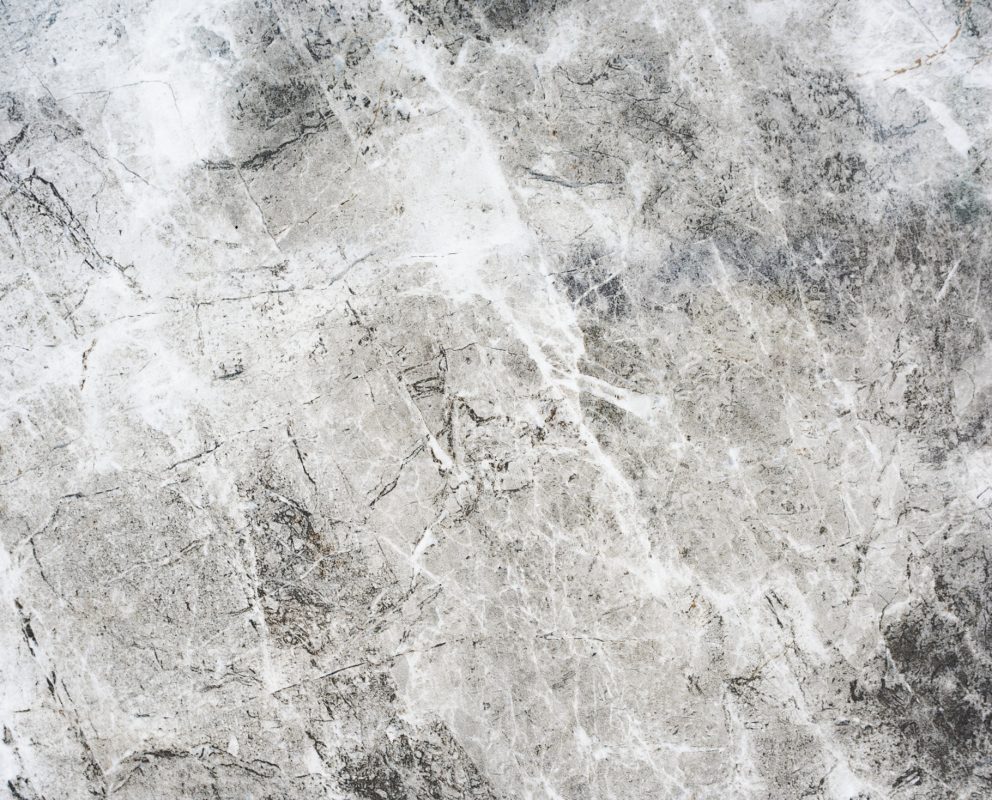The symposium aimed to bring the rapidly expanding field of critical heritage into productive dialogue with emerging trends in the posthumanities.
This symposium brought together a range of thinkers from different backgrounds to explore themes of care, vulnerability and inheritance across human and more-than-human worlds. How can we conceive of memory and the archive beyond the human? What life forms and objects do we inherit with? How might scarcity and abundance be reconfigured in the face of environmental catastrophe? Approaching these questions from distinct though interconnected pathways allows us to ‘deterritorialise’ the future, picking out moments of solidarity that – in the spirit of Donna Haraway – might provide the basis for possible ongoingness inside relentlessly diffracting worlds.
At its core, the symposium aimed to bring the rapidly expanding field of critical heritage into productive dialogue with emerging trends in the posthumanities (broadly understood). Media scholars are now as concerned with longue durée materialities and geological formations as they are semiotics and representation. Memory studies has begun to grapple with deep futures and speculative forgetting. Cultural geographers meanwhile have long questioned the dense entanglements of peoples and things in landscapes that can no longer be considered either ‘natural’ or ‘cultural’. Heritage – especially of the critical variety – has a lot to bring to these debates. This is not simply about returning to a pre-social constructivist model of empirical heritage practice. Rather, it is about showing how new perspectives on human and more-than-human worlds can radically disrupt both traditional and contemporary heritage ontologies.
Thinking through our current social and ecological malaise demands a constant shifting between different scales and different temporalities, always alert to the historical, cultural, and political embeddedness of our particular worldview. The Anthropocene locates the individual body as the nexus of planetary wide phenomena. Urbanisation, deforestation, and global warming bring corporations into conflict not just with marginalised communities, but with vast topographies (rivers, mountains, deserts). Your ephemeral digital avatar is rooted in poisonous earthly extractions. The networks and fault lines of late capitalism are oblivious to human exceptionalism: data, genes, landscapes, objects, and minerals divest and intermix, spreading the human into the non-human and vice-versa.
What does it mean to conserve, collect, curate, or interpret ‘the past’ in this context? How do we go about making just futures that acknowledge the rampant inequalities of the past and the present? Who gets to decide what natures and what cultures are deemed worthy of protection (not to mention where the boundary lies between these definitions)? By exploring shared themes of materiality and ruin, legacy and collapse, and metamorphosis and assembly, this symposium will map for the first time the diverse linkages between current posthumanist thinking in critical heritage and cutting-edge research in related disciplines.
Programme
09:30 – 09:45 Coffee & Registration
09:45 – 10:00 Welcome – Colin Sterling
GEONTOLOGIES
10:00 – 10:30 Rick Crownshaw, ‘Speculative Fictions and Carbon Heritages’
10:30 – 11:00 Caitlin DeSilvey, ‘Ruderal Heritage: Prodding the Rubble’
11:00 – 11:30 Mary Thomas & Kathryn Yusoff, ‘Inhumanities’
11:30 – 12:00 Discussion – Chair: Staffan Appelgren
12:00 – 12:45 Lunch
LIQUID FUTURES
12:45 – 13:15 Denis Byrne, ‘Reclamation Legacies’
13:15 – 13:45 Joanna Zylinska, ‘On HYDROMEDIA and WATERKINO; Or, How to Dissolve the Past to Build a More Viable Future’
13:45 – 14:15 Rodney Harrison, ‘From Ark to Bank: Extinction, Proxies and Biocapitals in ex-situ Biodiversity Conservation Practices’
14:15 – 14:45 Discussion – Chair: Peg Rawes
14:45 – 15:15 Break
INHERITANCE AND CARE
15:15 – 15:45 Adrian Van Allen, ‘Folding Time: Practices of Preservation, Temporality and Care in Making Bird Specimens’
15:45 – 16:15 Cecilia Åsberg & Christina Fredengren, ‘Checking in with Deep Time: Intragenerational Justice and Care’
16:15 – 16:45 Anna Bohlin, ‘The Liveliness of Objects in Use: Sensing the Soul of Second-hand Things’
16:45 – 17:15 Discussion – Chair: Colin Sterling
17:15 – 17:30 Concluding Remarks – Rodney Harrison
Organisers
Rodney Harrison, UCL, r.harrison@ucl.ac.uk
Colin Sterling, UCL, c.sterling@ucl.ac.uk
—
Close

